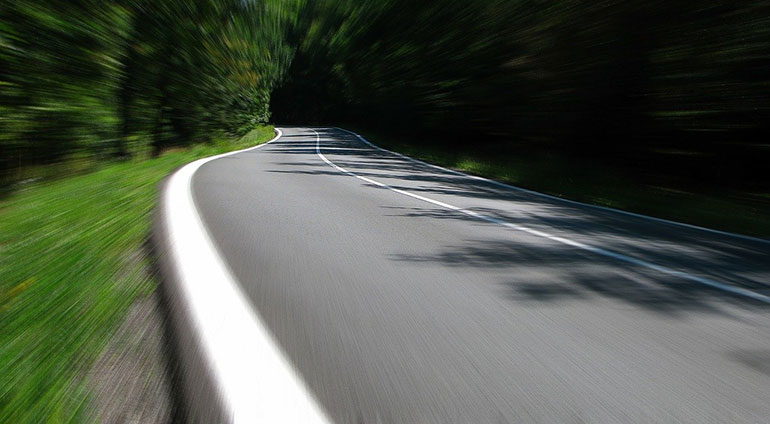Dorset, Eco & Environment | Posted on June 3rd, 2020 | return to news
Highways to be greener in Dorset
Dorset Council is working to lower its carbon footprint over the coming months.

For the first time, this year will see the authority using low energy asphalt (LEA) on all resurfacing schemes, and as a surface course on new construction projects such as cycleways.
The material is produced 30 to 40 degrees lower than conventional material, which is usually produced at 180 degrees. This reduced heat results in 15 per cent less carbon emissions during the production process.
Although widely used in America and France, low energy asphalt is much less common in the UK.
Councillor Ray Bryan, Portfolio Holder for Highways, Travel and Environment, said,
“Following two successful resurfacing schemes trialling LEA here in Dorset, we’ve been very keen for mass-production of the material at the regional quarry, Whatley. Working closely with our private sector partner Hanson UK this has become a reality.
“The quality of the lower energy material is not affected by the temperature difference. It helps reduce our carbon footprint and it’s actually easier to keep at temperature during transport due to the lower production temperature.
“We know that construction activity is one of the biggest contributors to CO2 emissions, and we will continue to look for new ways of working to reduce the impact we have on our environment.”
Dorset Highways currently uses LEA in the lower and middle layers (base and binder) of road construction with these containing 30 per cent recycled material too.
From July, low energy material will also be used for the surface course (top layer).
Between April and September, 37 schemes will be resurfaced as part of the annual structural maintenance programme.
Please share post:
Tags: #dorsetcouncil, #Dorsetnews, #DorsetRoads
LATEST NEWS









